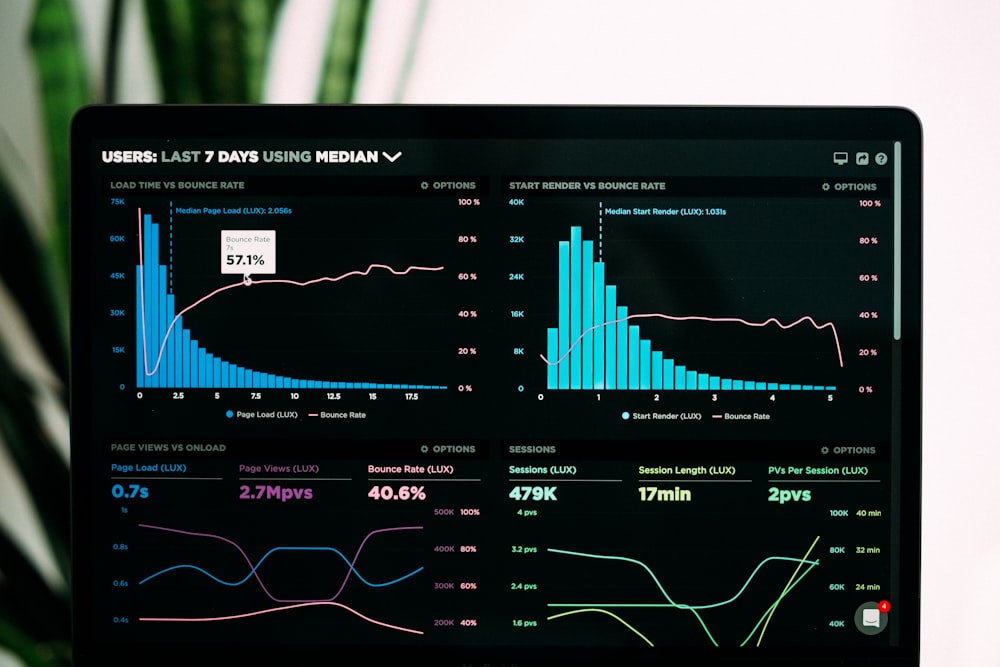This move follows the Bank of Russia's recent approval for financial institutions to offer crypto products to qualified investors. Major commercial banks such as Sber and T-Bank have already started providing investment options associated with cryptocurrencies like Bitcoin, although the Russian central bank continues to caution against direct crypto investments for retail investors.
Retail sentiment toward the IBIT futures has been mixed. Many are critical, arguing that these products are inferior copies of U.S. ETFs and do little to impact the broader crypto market. One commenter on Telegram expressed frustration, stating they would prefer trading cryptocurrencies directly on exchanges rather than through investment products on MOEX.
As of May, MOEX had 36.9 million brokerage account holders, with 315,000 classified as qualified private investors. The IBIT ETF has experienced rapid growth since its launch in January 2024, remarkably breaking into the top 25 ETFs within just over a year. Balchunas noted that IBIT, at only 1.4 years old, is incredibly young compared to its peers, raising eyebrows with its impressive performance. In three months, it attracted nearly $15.5 billion in inflows, making it one of the top 10 inflows for any ETF ever recorded.



